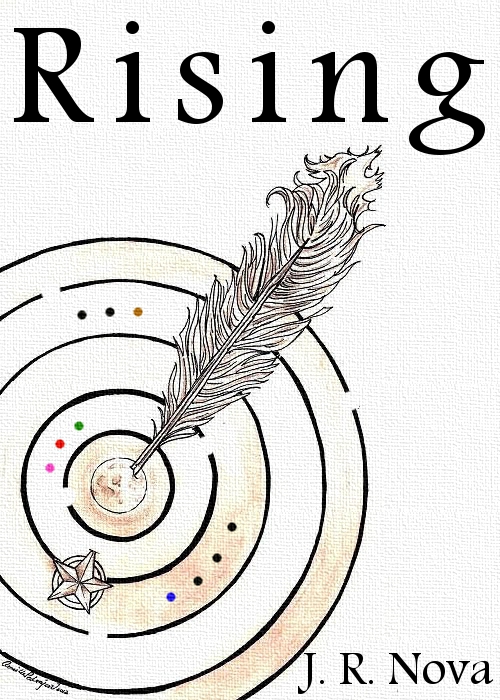Intro: I wrote this a few weeks ago, forgot about it, discovered it today only to wonder why I never posted it when I wrote it. It's a fascinating piece of work which took me by surprise. I hope you enjoy it as much as I did with fresh eyes.
~~~~~
In Time Frank Rich
wrote about Apocalypse Now: “while much of the footage is
breathtaking, Apocalypse Now is emotionally obtuse and
intellectually empty.”
I read this quote on
Wikipedia the other day. My initial thought was this:
Because you don't have
the imagination to see it.
Now Frank Rich is a very prominent and respected critic of theater
and film. He definitely has an imagination, probably a greater one than mine (at least he's put his to better use than I have), but I obviously got a lot more out of Apocalypse Now than
he did.
How can two people hold such
different views of the same thing? The beauty of art, especially of
writing (but it is just as true of music, stage and film, painting,
and other media), is that it's wholly subjective. It is so subjective
that in many cases it is solely up to the reader or viewer or
listener to give the work meaning. Once the painting, song, or movie
is finished—once the book is finished—it is no longer the
creator's job to give the work meaning. It is out of his, her, or
their hands. It becomes nothing more than a blank canvas for the
consumer to decipher in his own terms.
Writing is, as Stephen King
said in his book “On Writing,” a form of telekinesis.
But it is not a certain form of telekinesis. There is a risk
of being misunderstood, by which the author's original intent is
misinterpreted by the reader. Yet even in misinterpretations, there
is an amazing thing going on. If the reader of a book takes the time
to read, takes the time to understand, even if he misunderstands
the author's original meaning, he is giving the book a great
power, drawing that power from it into himself.
All works of art possess
this potential of power. Even the simplest, most basic, or poorly
done pieces have the potential to move and astound. This is why books
like Harry Potter and Twilight have been so successful. It is not
just that these books have huge marketing machines behind them. The
books themselves, as with all books, are essentially blank slates.
The words, meaningless jumbled piles of letters. Until someone
comes along and casts their imagination upon them. Then the words
take on life, meaning, power.
That a certain book is
successful and well respected is a sign of the times, but more
importantly a window into the minds of readers. Why is one
book successful and another not? Specifically, how is each book being
interpreted by readers?
Books that make it, make it
for no other reason than that readers found them easy vehicles to
express their own innermost emotions.
The author, not a master of
telekinesis, but the perfect doorman, opening the door into, not the
author's world, but that of the reader's. For when a writer writes,
the reader reads. The writer writes what he sees. The reader
reads what she sees.
And so millions of
possibilities, of potentials, unfold.











Great post that leaves us questioning, which is a great thing! Take care!
ReplyDelete